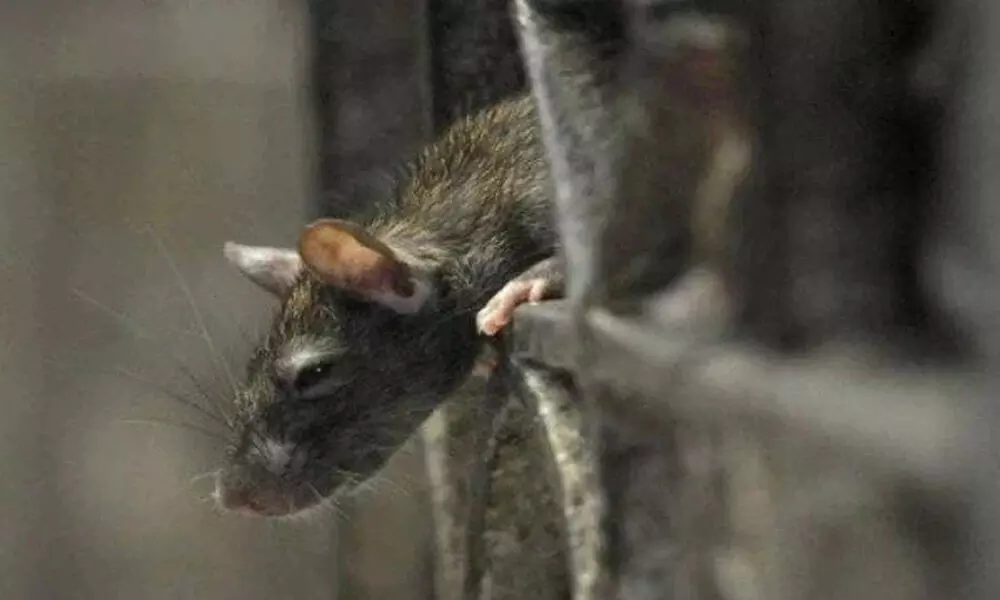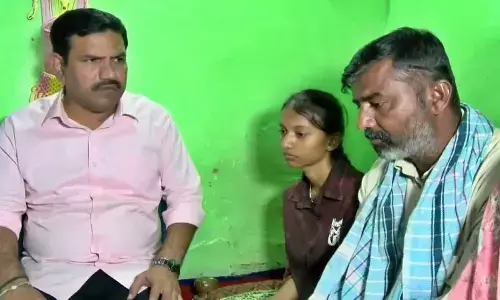Telangana Government bans use of glue traps for rodents

Telangana Government bans use of glue traps for rodents
Issues orders following PETA India appeal
Adarshnagar: The State government has issued orders to prohibit the manufacture, sale and use of glue traps for rodent control following an appeal by the People for the Ethical Treatment of Animals (PETA) India. In its appeal, the group requested the government to take immediate steps to implement circulars issued by the Animal Welfare Board of India (AWBI) to prohibit the cruel and illegal use of glue traps.
In order Director of Veterinary and Animal Husbandry department Anita Rajendra directed the District Veterinary and Animal Husbandry Officers (DVAHO) and member-secretaries of the District Society for Prevention of Cruelty to Animals to follow the directives of the government and the AWBI.
She asked them to issue appropriate instructions to the field staff. The DVAHOs were also directed to request the police to conduct seizures of the glue traps from manufacturers and traders, issue public-awareness notices regarding the ban on the use of these traps as well as humane methods of rodent control. They were also asked to submit an action taken report within 15 days.
"The manufacturers and sellers of glue traps sentence small animals to hideously slow and painful deaths and can turn buyers into lawbreakers," said PETA India Advocacy Associate Pradeep Ranjan Doley Barman.
"PETA India commends Telangana State for its progressive action, which sets a precedent for the entire country and will protect countless lives," he added.
He said the AWBI had issued circulars in 2011 and 2020 stating that the use of cruel devices like glue traps is a punishable offence under Section 11 of The Prevention of Cruelty to Animals Act, 1960. Usually made of plastic trays or sheets of cardboard covered with strong glue, the traps are indiscriminate killers, often catching non-target animals, including birds, squirrels, reptiles, and frogs in apparent violation of the Wild Life (Protection) Act, 1972, which prohibits 'hunting' of protected indigenous species.
Mice, rats, and other animals caught in these traps can die of hunger, dehydration, or exposure after days of prolonged suffering. Others may suffocate when their noses and mouths become stuck in the glue, while some even chew through their own limbs in a desperate bid for freedom and die from blood loss. Those found alive may be thrown into the bin along with the trap or face an even more barbaric death, such as by bludgeoning or drowning.








